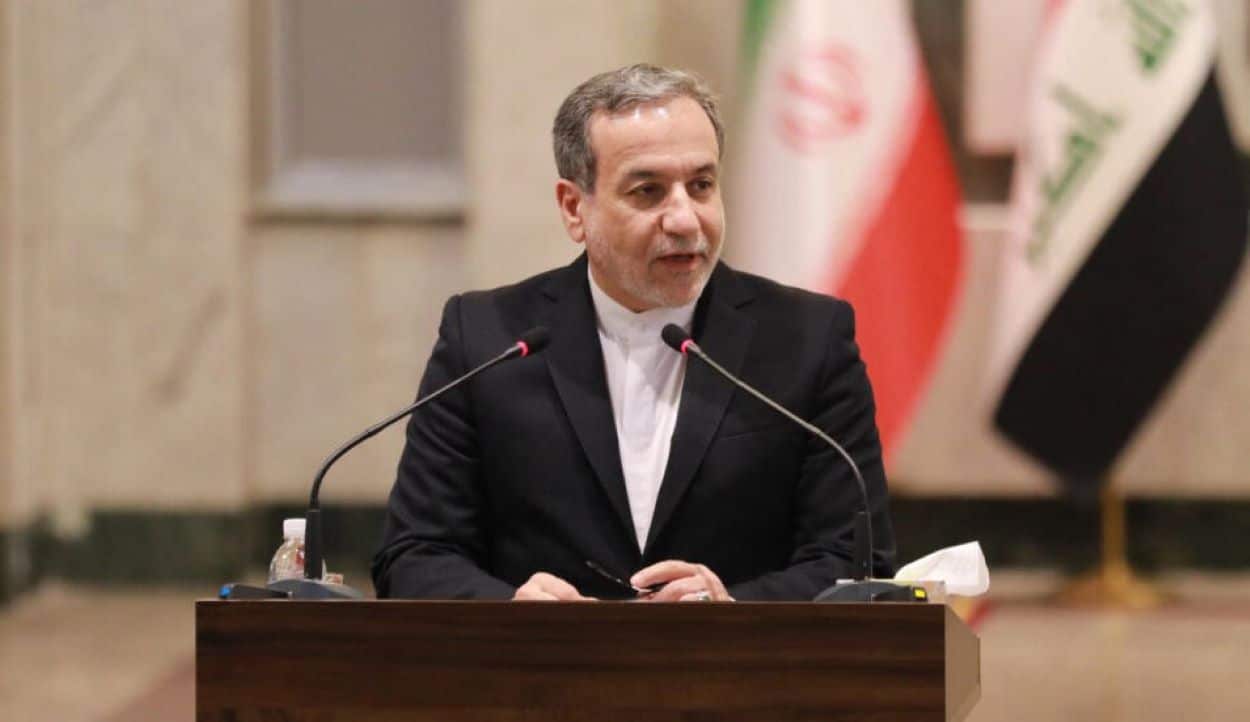Iran’s Foreign Minister Abbas Araghchi is set to visit Islamabad this week. This visit is part of Tehran’s broader diplomatic efforts to consult with regional nations before responding to recent Israeli strikes amid escalating tensions in the Middle East.
For years, Israel and Iran have engaged in covert conflicts but are now openly confronting each other. On October 26, Israel launched an attack on Iran, resulting in the deaths of four Iranian soldiers. It also targeted Iraq and Syria, aiming at sites linked to Iranian interests.
In retaliation, Iran attacked Israeli territories on October 2, launching nearly 200 projectiles, including ballistic missiles. These strikes were responses to Israel’s actions, including the killing of Hamas political leader Ismail Haniyeh on Iranian territory and the assassination of Hezbollah chief Hassan Nasrallah, a key ally of Tehran.
Iran’s Supreme Leader Ayatollah Ali Khamenei warned of a severe reaction against Israel and the U.S. for their aggressive actions.
The Iranian Foreign Minister will discuss the Middle East crisis in Islamabad and seek Pakistan’s support. Pakistan has already condemned the Israeli actions as breaches of Iran’s sovereignty.
Pakistan’s government has attributed the rising tensions to Israel and called for the UN Security Council to monitor Israel’s actions closely. Prime Minister Shehbaz Sharif expressed solidarity with Iran and emphasized the need for diplomacy over force.
Despite Pakistan’s desire for de-escalation, officials acknowledge the limitations of a diplomatic approach if Israeli aggression persists. Given the potential consequences of a direct conflict between Iran and Israel for the region and beyond, Pakistan hopes for a controlled situation.
The upcoming discussions will also cover bilateral issues, the situation in Afghanistan, and other matters. This marks Araghchi’s first visit to Pakistan since becoming Iran’s top diplomat.






